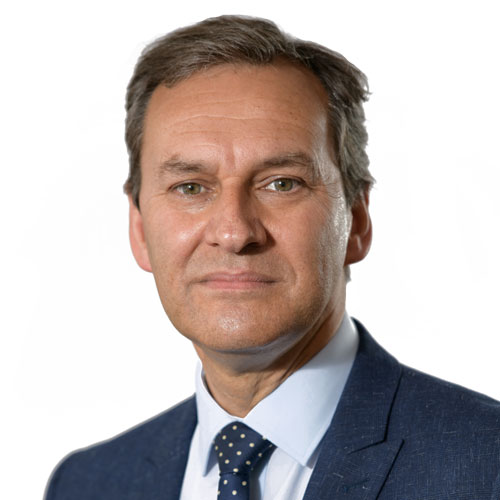Written 8th September 2021 by David Philpott
For children and young people the consequences of becoming involved in the criminal justice system can be far reaching. Whilst there are safeguards to try and ensure that everyone under 18 is dealt with appropriately it is essential that any young person who finds themselves involved with either the police or the courts has legal representation at the earliest possible opportunity.
Youth police interviews
Young people who are interviewed by the police, whether on a voluntary basis or whilst under arrest, must have an appropriate adult present and must be given the opportunity to be legally represented. Very often, it is a parent or other relative who acts as the appropriate adult and their role is to ensure that the young person is both supported and assisted and dealt with fairly. However, an appropriate adult is not in a position to provide any legal advice and it is for this reason that a legal representative is essential. The interview process is frequently one that requires decisions to be made that can have a significant impact upon how a case is dealt with. For those young people who do admit offences in interview it may be most appropriate for them to be dealt with by way of one of a range of disposals that ensure that they are diverted away from the criminal justice system. These include community resolutions, youth cautions and conditional cautions.
The Youth Court
Some young people do find themselves facing proceedings in court and guidelines issued by the Sentencing Council make it clear that in these cases consideration ought to be given to factors including the welfare of the young person and the fact that the principal aim of the youth justice system is to prevent offending. It is also recognised that the young people should be encouraged to take responsibility for their own actions and where possible should not be criminalised unnecessarily.
Court proceedings involving those who are under 18 begin in the Youth Court unless the young person is jointly charged with an adult. The Youth Court will continue to deal with all but the most serious of offences. For those young people who are found guilty of an offence the court has a range of sentencing options. Those who have pleaded guilty to an offence and have not appeared before the court previously are most likely to be made subject to a referral order. This involves contact with the local Youth Offending Team, often with an emphasis on restorative justice. Youth rehabilitation orders are imposed in cases where a young person has either been convicted after a trial or in many cases where they have previous convictions. These orders may contain a wide range of requirements including supervision, attendance at specified programmes and also more punitive elements such as unpaid work or a curfew. The Youth Court can impose a sentence of detention upon a young person. These are usually imposed in respect of the more serious offences and are considered a ‘measure of last resort’. When a Detention and Training Order is imposed the first half of the sentence is served in a place of detention and the second half in the community.
If a child or young person is jointly charged with an adult they will initially appear in the adult Magistrates Court. The court will then decide whether or not the matter should be dealt with in the Youth Court. For those people under 18 who are charged with the most serious of offences their cases can be allocated to the Crown Court. There are various provisions that apply when a young person crosses an age threshold during the course of an investigation or court proceedings. If they become 18 and are then convicted of an offence the court will take into account a number of factors that include the sentence that would have been imposed on the day of the offence itself.
There are many factors to be considered when a young person becomes involved in the criminal justice system and it is most important that they seek legal advice at the earliest possible opportunity.
Article written by David Philpott
At Olliers, we have a vastly experienced team dealing with cases involving young people.
If you are looking for a specialist criminal solicitor to represent a young people please contact Ruth Peters to discuss how Olliers can assist and represent.
- About the Author
- Latest Posts
Admitted as a solicitor in 1992 David has a wealth of experience and is one of the most respected Magistrates Court advocates in the country. He has specialised in criminal defence work throughout his career and understands that appearing before a court can be very daunting whatever the nature of the allegation that a person faces.

